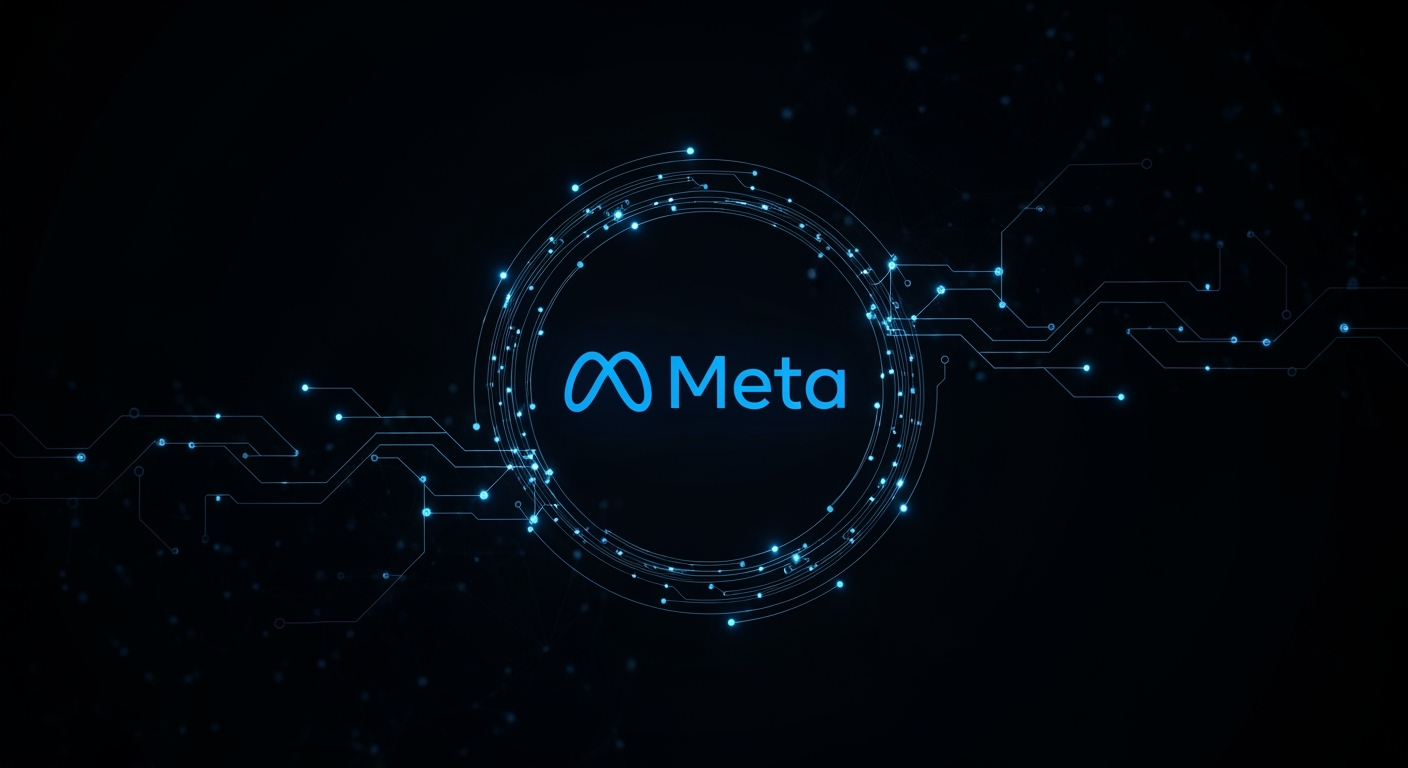Meta Weighs Shift from Open Source AI to Closed Models

Meta’s Openness in AI Faces Uncertainty Amid Internal Debate
Meta, long known for its commitment to open-source artificial intelligence, is reportedly rethinking its strategy. According to recent discussions among leaders at Meta’s new Superintelligence Lab, the tech giant may pivot away from fully open AI models in favor of developing closed, proprietary systems.
Internal Setbacks and the Behemoth Dilemma
Sources reveal that Meta has completed training on a powerful new AI model, Behemoth, but its internal performance did not meet expectations. Following the launch of the Superintelligence Lab, testing on Behemoth was reportedly put on hold. While these discussions are ongoing and no final decision has been made, the possibility of withholding Behemoth from open release marks a notable shift for Meta’s AI division.
Official Response: Commitment to Open Source—For Now
Despite these internal debates, Meta's public stance remains unchanged. A company spokesperson noted, “We plan to continue releasing leading open source models. We haven’t released everything we’ve developed historically and we expect to continue training a mix of open and closed models going forward.” However, the spokesperson declined to comment specifically on Behemoth’s future.
Why Would Meta Change Course?
- Business Pressures: As Meta invests billions in AI and faces the need to monetize beyond advertising, the company must consider the economics of open versus closed models. Competitive salaries for top AI talent, infrastructure costs, and the race toward artificial general intelligence (AGI) are all factors.
- Competitive Position: While Meta boasts one of the world’s leading AI labs, it still trails behind OpenAI, Anthropic, Google DeepMind, and xAI in commercializing its research. Shifting to closed models could offer more control and more direct monetization opportunities.
Impact on the AI Ecosystem
Meta’s open-source Llama models have set industry benchmarks, propelling global innovation and serving as a counterweight to increasingly closed competitors like OpenAI. Should Meta scale back its openness, momentum for open-source AI could slow, tilting the balance of power back toward large players with proprietary ecosystems.
This shift could have ripple effects:
- Startups and researchers relying on open models for fine-tuning and innovation may face new hurdles.
- Global competition could intensify, as countries like China continue to embrace and release open-source AI models to bolster domestic capability and international influence.
Looking Ahead: Strategic or Philosophical?
Meta CEO Mark Zuckerberg has previously signaled flexibility around open-sourcing, suggesting that openness is “good for the community and also good for us,” but not a blanket policy. The decision to withhold or release models like Behemoth may ultimately hinge on safety concerns, performance, and business strategy rather than pure ideology.
If Meta pivots to more closed-source AI, it could reshape the competitive landscape and influence the future of open innovation in artificial intelligence worldwide.
References
- TechCrunch: Meta built its AI reputation on openness — that may be changing
- The New York Times: Meta Superintelligence Lab AI
- TechCrunch: Meta restructures its AI unit under Superintelligence Labs
- TechCrunch: What does open source AI mean, anyway?
- TechCrunch: Meta’s recruiting blitz claims three OpenAI researchers
- TechCrunch: Zuckerberg disses closed-source AI competitors
- Mark Zuckerberg Podcast: Dangers of Open Source
- TechCrunch: OpenAI delays the release of its open model again
- Reuters: China's Moonshot AI releases open-source model





